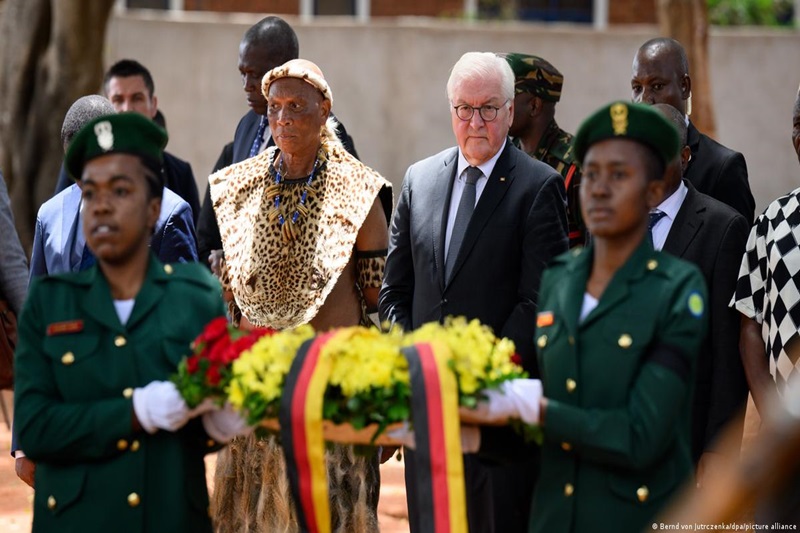Acknowledging the Past
In a historic move, German President Frank-Walter Steinmeier issued a formal apology for the atrocities committed during Germany’s colonial rule in Tanzania. His apology, delivered in Tanzania, marked a significant step toward acknowledging and healing the deep wounds left by the violence of that era.
A Dark Chapter in History
Tanzania, under German colonial administration for decades around the turn of the 20th century, witnessed one of the bloodiest uprisings in the region—the Maji Maji Rebellion, spanning from 1905 to 1907. German forces systematically devastated communities and crops during the rebellion, leading to the deaths of an estimated 200,000 to 300,000 indigenous people, as per various assessments.
Reparations Considered
In 2017, the Tanzanian government raised the possibility of taking legal action against Germany, seeking compensation for the individuals who endured starvation, torture, and death at the hands of German forces. This highlighted the pressing need to address historical injustices and seek redress.
“Communal Processing” for Healing
Steinmeier emphasized Germany’s readiness for a process of “communal processing” of the troubled history, recognizing that these events form part of the shared history between Tanzania and Germany. He promised to carry these stories back to Germany to increase awareness of the colonial era’s impact.
Honoring the Fallen and Seeking Repatriation
During his visit to Tanzania, Steinmeier paid tribute to Chief Songea Mbano, an executed leader from the colonial era. He pledged to locate and repatriate Chief Songea Mbano’s skull and the remains of others whose bodies were taken to Berlin more than a century ago. Steinmeier’s commitment underscores the importance of giving back what was unjustly taken.
Keep Reading
Reconciliation and Partnership
Descendants of the colonial era’s victims and survivors welcomed Steinmeier’s gesture. John Mbano, a descendant of Chief Songea, expressed his gratitude and hope for a stronger partnership between Tanzania and Germany. The move toward reconciliation and mutual understanding is a crucial step in addressing historical injustices.
Germany’s Engagement with Its Colonial Past
Germany’s history of colonial-era atrocities in places like Tanzania and Namibia has increasingly come under scrutiny in recent years. The country’s willingness to confront its colonial legacy is a testament to its commitment to historical remembrance. Germany’s acknowledgment of its actions during the colonial period aligns with its broader efforts to reckon with historical wrongs.

